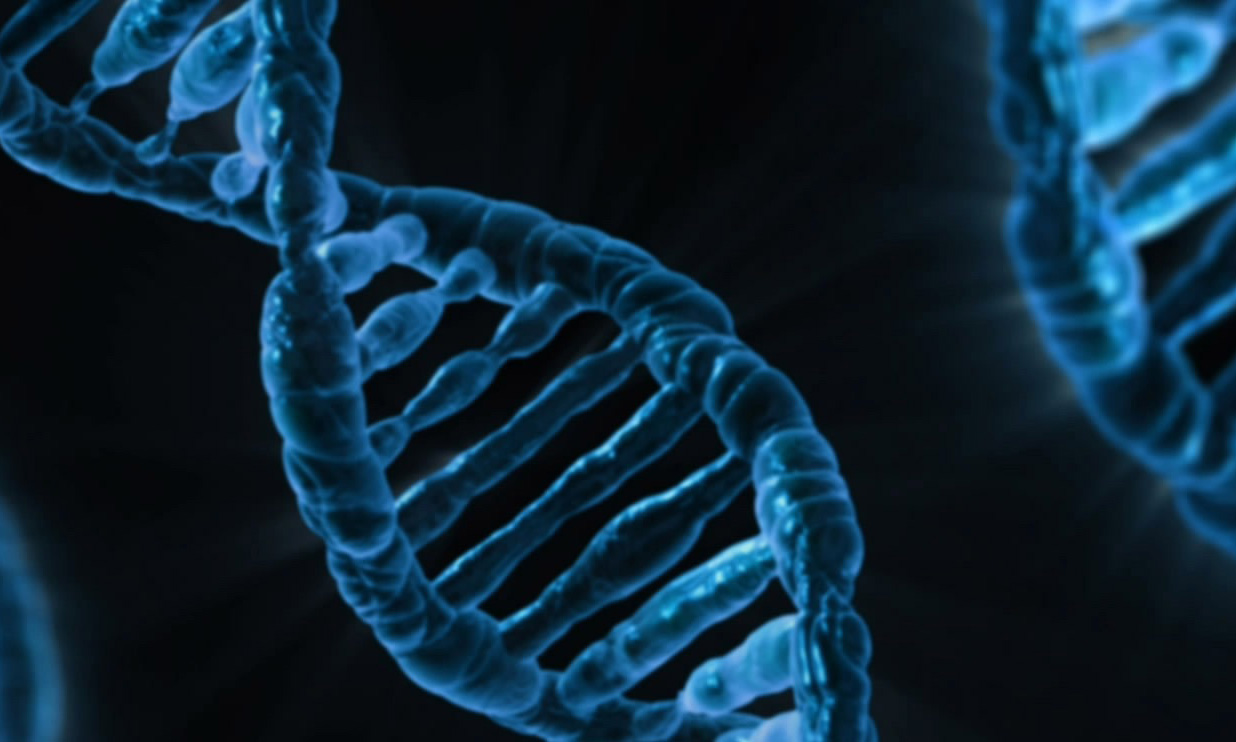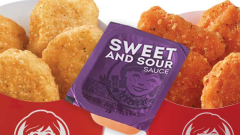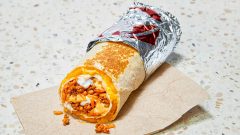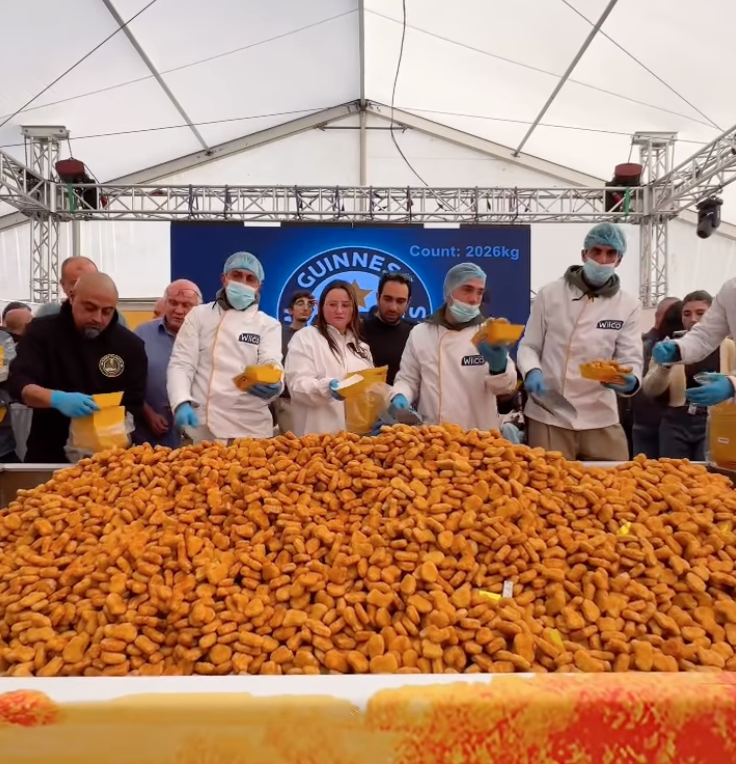Gene-Edited Salad Will Soon Be Sold At A Grocery Store Near You

Pairwise is a North Carolina-based gene-editing startup aiming to make nutrient-dense leafy greens more palatable. Using Crispr’s technology, which allows you to pinpoint and edit specific parts of a genome, the company removed the gene in mustard greens that gives it a peppery taste, without losing any nutrient density.
Typically, to remove the piquant profile from mustard greens you cook them. With Pairwise’s newly edited mustard greens, you’ll be able to enjoy the full nutritious benefits of mustard greens in salads, without the overpowering pungency. The hope is to offer consumers a healthier alternative to common go-tos like iceberg and butter lettuce.
Tom Adams, cofounder and CEO of Pairwise told WIRED, “We basically created a new category of salad.”
At launch, the greens will be available in select restaurants in Minneapolis (St. Paul region), St. Louis, Missouri and Springfield, Massachusetts. The company aims to hit grocery store shelves in the Pacific Northwest this summer.

Crispr’s gene-editing capabilities have been in use since 2012, as scientists have pursued possibilities using plants. It stands to reason that if it’s possible to tweak the genetic code of plants, you can also insert new traits entirely. At the technology’s full potential, as lofty as it seems, it has the ability to eliminate world hunger. That said, for now, edible raw mustard greens are a step in the right direction.
In addition to mustard greens, Pairwise is experimenting with improving fruits. “Our lifestyle and needs are evolving and we’re becoming more aware of our nutrition deficit,” says Co-Founder and Chief Business Officer Haven Baker. To paint a better picture, a study from the Centers for Disease Control and Prevention found that only one in 10 US adults consumed the daily recommended amount of fruit and vegetables in 2019.
Interestingly enough, although Crispr edits genes, it’s completely distinct from GMO foods. GMO is a combination of genetic material from various similar species, while gene-editing solely reconfigures an organism’s own genes. Faster than traditional methods, the process allows it to generate new plant varieties in a fraction of the time. It only took Pairwise four years to make their mustard greens market ready.
Differences aside, from the consumers POV, without proper transparency, gene-editing could easily be mistaken for genetically modified. Technology tends to move faster than how it assimilates into society, so it will be interesting to see how the definitions of these two develop over time. Currently, gene-edited foods don’t require a label, while new federal requirements state that GMOs must be labeled as “bioengineered” or “derived from bioengineering.”
In 2020, Pairwise’s gene-edited mustard greens were approved by the USDA and have also received a green light from the FDA. Now it’s only a matter of time before gene-edited salads are sold at a grocery store near you.






















